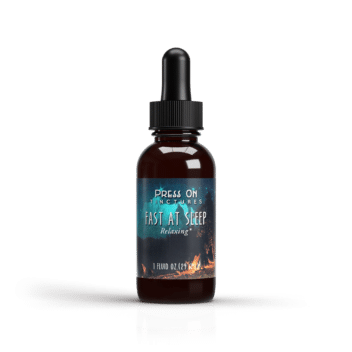 Chamomile in Herbal Medicin
Chamomile in Herbal Medicin
Chamomile in Herbal Medicine
Chamomile has been a cherished herb in traditional medicine for centuries, known for its calming effects and versatile applications. Its gentle nature makes it a staple in herbal remedies and a favorite among those who prefer natural health solutions. In this article, we will explore the benefits of chamomile, its applications in herbal medicine, and the effects of chamomile tea.
Understanding Chamomile
Chamomile refers to a group of daisy-like plants, with two types commonly used in herbal medicine: German chamomile (Matricaria chamomilla) and Roman chamomile (Chamaemelum nobile). Both varieties are known for their therapeutic properties, though they differ slightly in composition and application.
German Chamomile vs. Roman Chamomile
While both types have similar uses, German chamomile is more widely used due to its higher concentration of beneficial compounds. Roman chamomile, on the other hand, is often used in aromatherapy for its soothing scent.
Benefits of Chamomile
Chamomile offers a wide range of health benefits that have been supported by both traditional practices and scientific research. Here are some of the key benefits:
Promotes Relaxation and Sleep
Chamomile is perhaps best known for its ability to promote relaxation and improve sleep quality. The herb contains apigenin, an antioxidant that binds to certain receptors in the brain, reducing anxiety and initiating sleep.
Supports Digestive Health
Chamomile has been used to soothe digestive issues such as indigestion, bloating, and gas. Its anti-inflammatory and antispasmodic properties help relax the digestive tract, providing relief from discomfort.
Alleviates Cold Symptoms
The soothing properties of chamomile make it an effective remedy for cold symptoms. Inhaling chamomile steam can help relieve nasal congestion, while chamomile tea can soothe a sore throat and reduce inflammation.
Reduces Skin Irritations
Chamomile’s anti-inflammatory and antimicrobial effects make it useful in treating skin irritations, such as eczema, rashes, and minor wounds. Chamomile-infused creams and ointments are commonly used for their soothing effects on the skin.
Supports Heart Health
Regular consumption of chamomile tea has been associated with improved heart health. Chamomile contains flavonoids, which are known to lower blood pressure and reduce the risk of heart disease.
Chamomile in Herbal Medicine Practices
Chamomile’s versatility makes it a valuable addition to herbal medicine practices. It can be used in various forms, including teas, tinctures, and essential oils.
Chamomile Tea
Chamomile tea is the most popular way to consume this herb. It is made by steeping dried chamomile flowers in hot water. This simple preparation provides a soothing beverage that can help with relaxation, digestion, and cold symptom relief.
Chamomile Tinctures and Extracts
For those who prefer a more concentrated form, chamomile tinctures and extracts are available. These preparations capture the herb’s beneficial compounds, offering an effective way to incorporate chamomile into your daily routine.
Chamomile Essential Oil
Chamomile essential oil is often used in aromatherapy to promote relaxation and reduce stress. It can be diffused in the air or applied topically, diluted with a carrier oil, to enhance its calming effects.
Chamomile Tea Effects and Considerations
While chamomile is generally considered safe, it’s important to be aware of potential effects and considerations when incorporating it into your health regimen.
Potential Side Effects
Chamomile is well-tolerated by most people, but some may experience allergic reactions, especially those allergic to plants in the daisy family. Symptoms may include skin irritation or respiratory issues. It’s advisable to conduct a patch test before topical application or to consult with a healthcare provider if you have concerns.
Interactions with Medications
Chamomile may interact with certain medications, including blood thinners and sedatives. If you are taking any medication, it is best to consult with a healthcare professional before using chamomile as a supplement.
Dosage and Consumption
Moderation is key when consuming chamomile. Typically, one to two cups of chamomile tea per day is considered safe for most people. When using tinctures or extracts, follow the recommended dosage on the product label or seek advice from a healthcare provider.
Conclusion
Chamomile remains a timeless herb in the world of herbal medicine, cherished for its calming effects and wide array of health benefits. Whether enjoyed as a tea, used in topical applications, or diffused as an essential oil, chamomile is a gentle and effective option for those seeking natural health solutions. As always, it’s important to consider individual health needs and consult with healthcare professionals when incorporating new supplements into your routine.
By embracing the benefits of chamomile, you can enhance your well-being and tap into the wisdom of traditional herbal practices. So, brew a cup of chamomile tea, sit back, and let the soothing properties of this remarkable herb work their magic.

